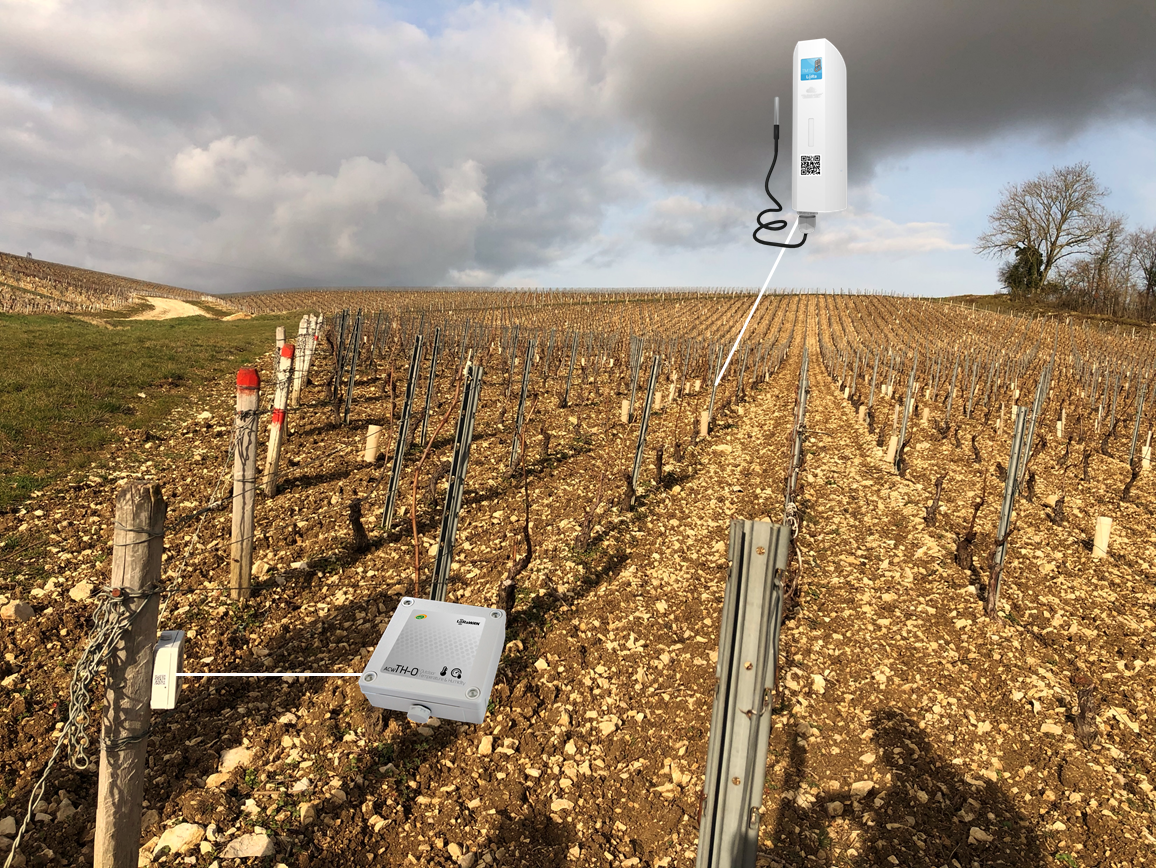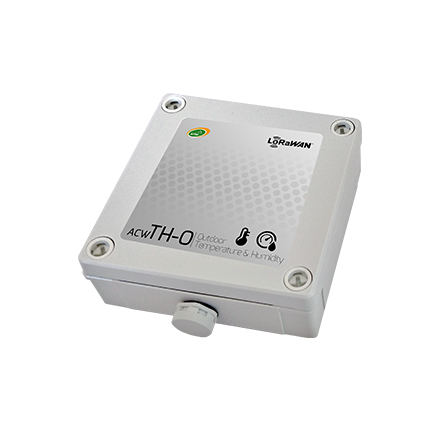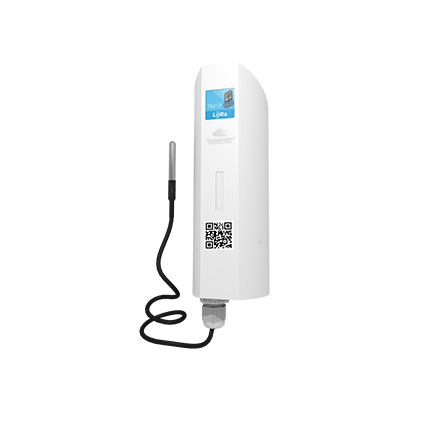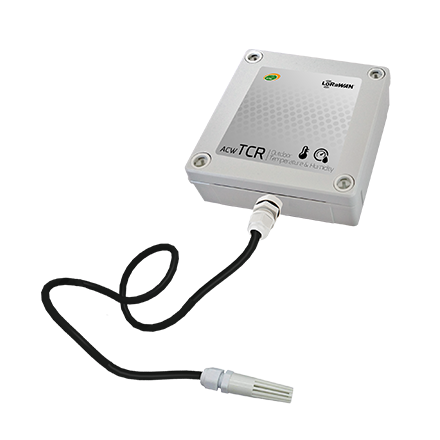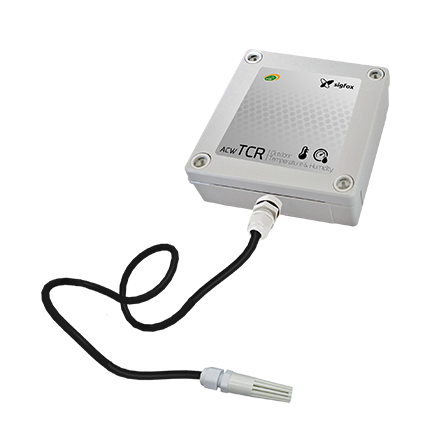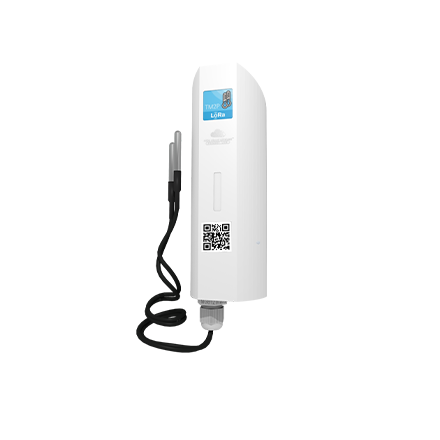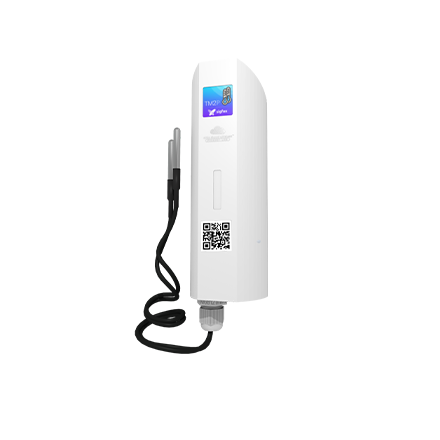Monitor the temperature of the vines
-
 Economy
Economy
-
 Alerts
Alerts
-
 Reactivity
Reactivity
-
 Serenity
Serenity
Monitor the temperature in the vineyard. Prevent frost damage.
ATIM facilitates the preservation of the french Chablis harvest
The Burgundy vineyard is a French vineyard located in Burgundy-Franche-Comté in the departments of Yonne, Côte-d’Or and Saône-et-Loire. It extends over 250 km in length from the north of Chablis to the south of Mâconnais.
The Burgundy vineyards include 84 appellations d’origine contrôlée (AOC): six “regional” appellations, 45 communal or “village” appellations (with 562 “premier crus” appellations for these “village” appellations) and 33 “grand crus” appellations.
In spring, when temperatures rise, the first buds appear. If we cannot impose our law on nature, we must find solutions to cope with unstable spring temperatures and take preventive measures against frost in order not to lose the vines.
The use of IoT objects such as ATIM’s ACW-TH-O is of major interest. Designed for outdoor use, it allows to have a “map” of temperatures everywhere within the vineyards. The main objective of its use is to allow wine growers to have a remote visualization of the temperature in their vineyards and to be alerted when the temperature approaches 0°C.
Different techniques exist to protect against frost. Sprinkling has become a widespread alternative. It consists of spraying the buds with water before the temperature becomes negative. When the water freezes, a protective ice cocoon will form and protect the bud without the water in the bud freezing.
Sprinkling is a delicate technique, the ice cube must not thaw too quickly. For this reason, the plots continue to be watered until the temperature rises above 0°C. Temperature monitoring and alerts are therefore extremely important to the success of this technique.
Spraying requires spraying the vines at the right time, when the temperature is still above 0°C.
The products are placed between the rows of vines, at strategic points and send an alert as soon as the temperature reaches 0.5°C. From this alert onwards, everything follows. The data is then consulted regularly in order to stop the spraying process when the temperature has risen above 0°C and the ice has melted.
Thanks to the remote supervision, the winegrowers no longer need to make rounds throughout the night, thermometer in hand. As soon as the temperature becomes critical, they are alerted and can adapt the measures according to the climatic conditions of the moment.
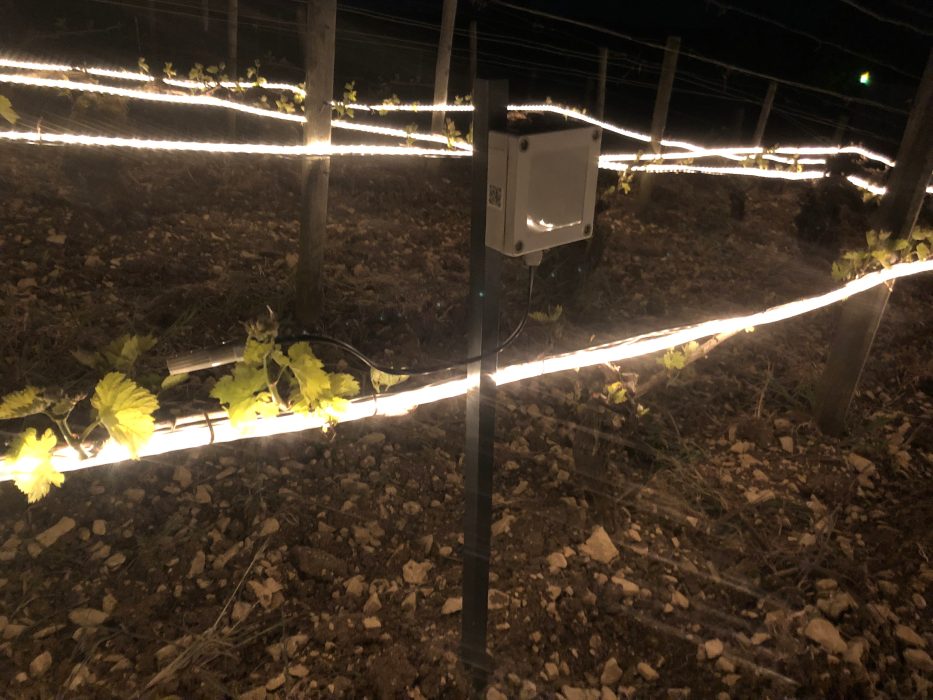
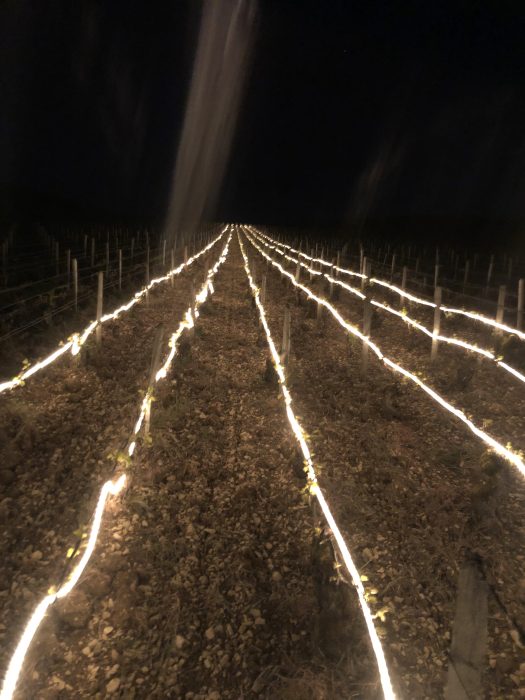
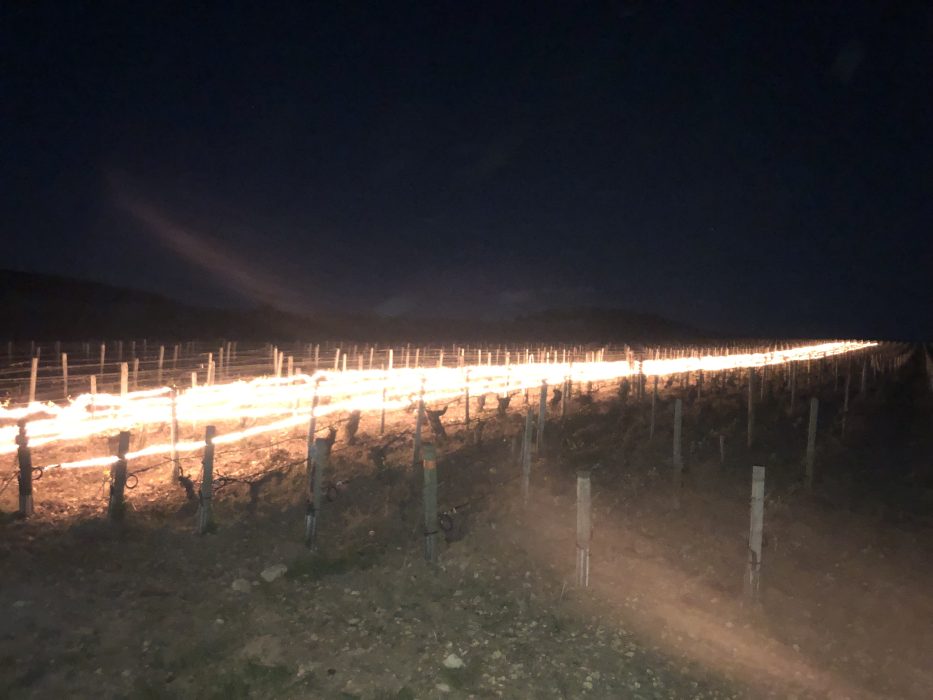



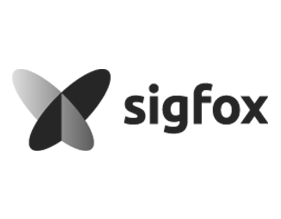
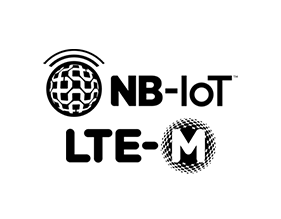
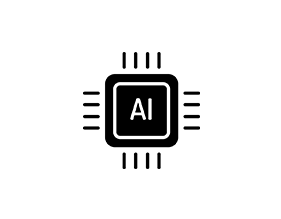
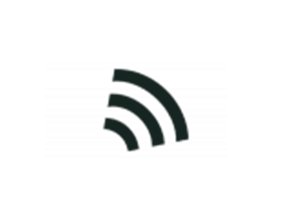

 Mobile application
Mobile application













